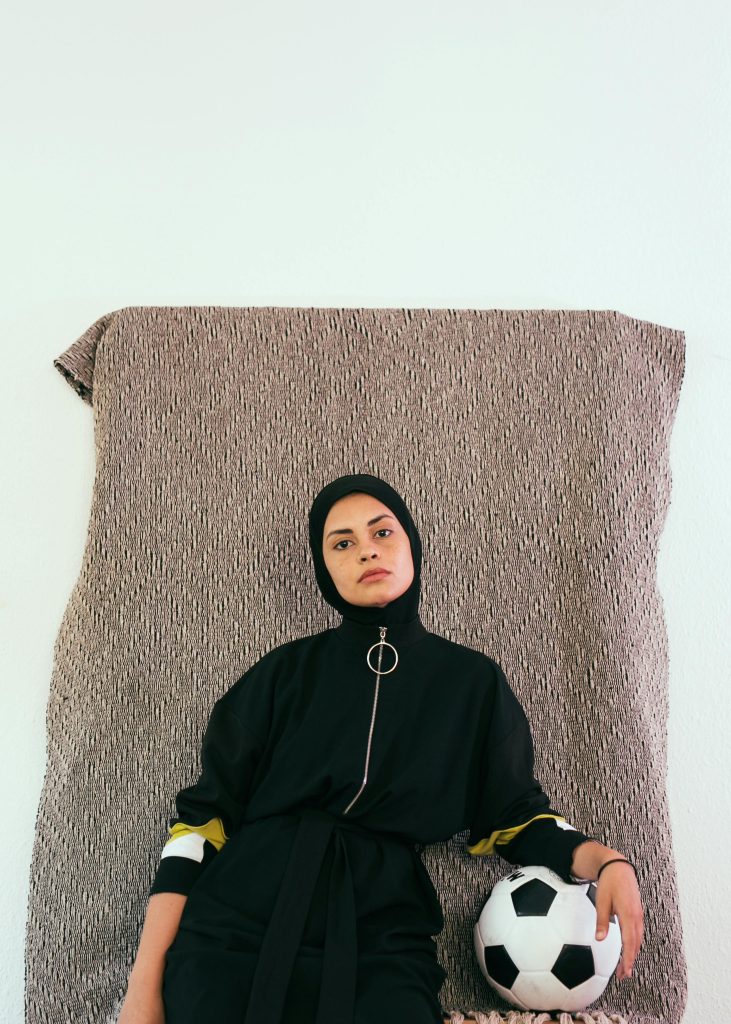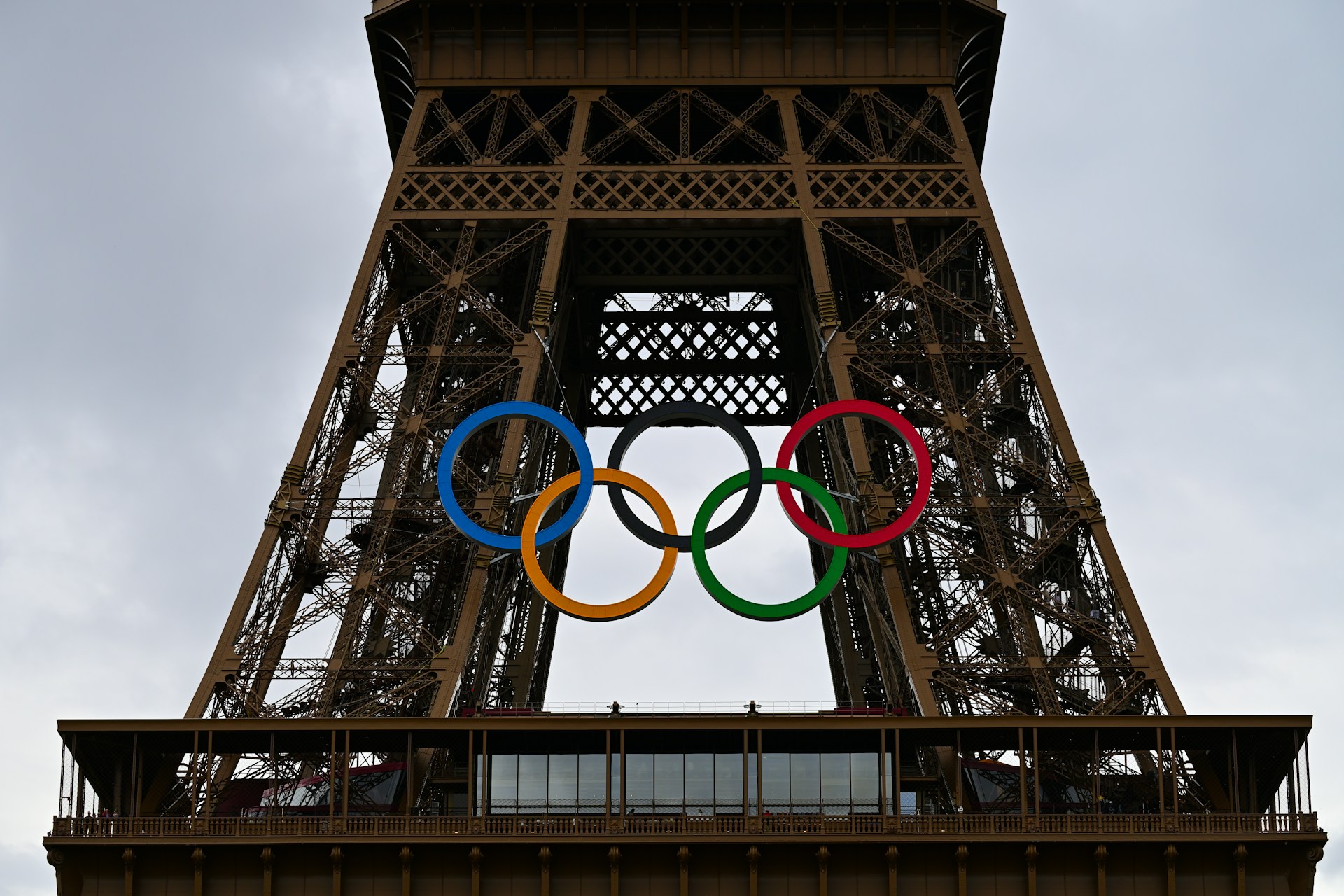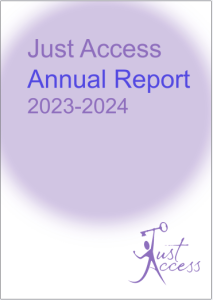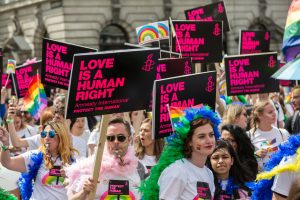
Josephine Prei├¤ler
Fundraising Specialist and Research Fellow
The Paris 2024 Olympics, dubbed the “inclusive games,” boasted the motto ŌĆ£Games Wide OpenŌĆØ or in French ŌĆŗŌĆŗŌĆ£Ouvrons grand les Jeux.ŌĆØ This slogan aimed to paint a picture of inclusivity, openness, and equality, with a promise of gender parity in athlete participation. But beneath this glossy veneer lay a troubling reality that starkly contrasted these lofty ideals.┬Ā
While on the surface it appeared the International Olympic Committee (IOC) took action to ensure the games were non-discriminatory, the actions of the host country, France, tell a different story.┬Ā┬Ā
How can these games be truly inclusive when they exclude women based on their religious attire?
ŌĆŗŌĆŗInclusivity or Discrimination Against Muslim Women? ┬Ā
Despite the grand talk of inclusivity, ŌĆŗŌĆŗFrance imposed bans on French athletes wearing headscarves in Paris and beyond, across all levels of sport. This blatant discrimination against women and girls wearing the hijab is particularly jarring given the International Olympic Committee’s (IOC) celebration of Paris 2024 as the first “Gender Equal Olympics.” This also disregarded the Olympic Charter, which addressed the issue of women and girls wearing hijabs in 2014, affirming the discriminatory and exclusionary nature of this practice. Yet, the IOC took no stance or real action against France, leaving the state free to continue this enforcing this ban for its athletes in future games. How can these games be truly inclusive when the IOC allows host countries to exclude women based on their religious attire?┬Ā

ŌĆŗDemocracy or an Orwellian Surveillance Law?┬Ā┬Ā
Adding to the hypocrisy was FranceŌĆÖs new ŌĆ£OlympicsŌĆØ surveillance law, the first of its kind in the European Union. ŌĆŗThis controversial law legalized algorithm-driven video surveillance, which risked discrimination against racial minorities at the Games. Such systems have been shown to over-criminalize racial, ethnic, and religious minorities, threatening their basic rights such as privacy, freedom of assembly and association, and non-discrimination. This system creates a state of permanent monitoring, profiling, and tracking, disproportionately harming marginalized peopleŌĆŗ. Is this the legacy Paris 2024 wanted to leave behind?┬Ā
Fairness or forced evictions of vulnerable populations?┬Ā┬Ā
ŌĆŗŌĆŗIn the lead-up to the games, hundreds of vulnerable people, including displaced communities, were evicted from makeshift shelters south of Paris. Additionally, in July 2023, a new law passed imposing hefty fines and prison sentences for illegal occupations, further marginalizing the most vulnerable. The authorities aim was to present a version of the city free from visible social issues like homelessness, pushing this population out of sight. Is this the cost of hosting the so-called “inclusive” Olympics?┬Ā
Contrary to the Olympic values of inclusion and non-discrimination, France’s record shows systemic abuse and discrimination against racialized minorities, including migrants. This reality starkly contrasts with the inclusive image the Paris 2024 organizers were trying to project. ┬Ā
It's time for the IOC to take a stand and ensure that the games truly reflect the values of fairness, equality, and respect for all.
The Olympic Games, and similarly large sporting events, have been under human rights scrutiny for years. ŌĆŗScandals like migrant labour abuses and even the deaths of migrant workers during the preparations for the football World Championships in Qatar 2022 already caused an international outcry. Nevertheless, the ŌĆŗŌĆŗIOC only adopted a human rights framework in 2022. This delayed action raises questions about the seriousness of the Olympic movement’s commitment to human rights. If the IOC is serious about its human rights obligations, it must implement enforcement measures to hold host countries accountable for discriminatory practices.┬Ā
What is necessary from the perspective of Just Access e.V. is a Call for True Inclusivity. Sport has the power to unite people and foster physical and mental well-being. The Olympics should embody this spirit, prioritizing human rights over surveillance, discrimination, and social exclusion. It’s time for the IOC to take a stand and ensure that the games truly reflect the values of fairness, equality, and respect for all.┬Ā┬Ā
The Paris 2024 Olympics presented an opportunity to show the humane and unifying character of sport events; yet, it left many disappointed. Instead of living up to their promise of inclusivity, the world saw more of the same. Hypocrisy endured to the detriment of human rights, as gender, income, and racial disparity continue to be a touchstone of international sporting events. ┬Ā









